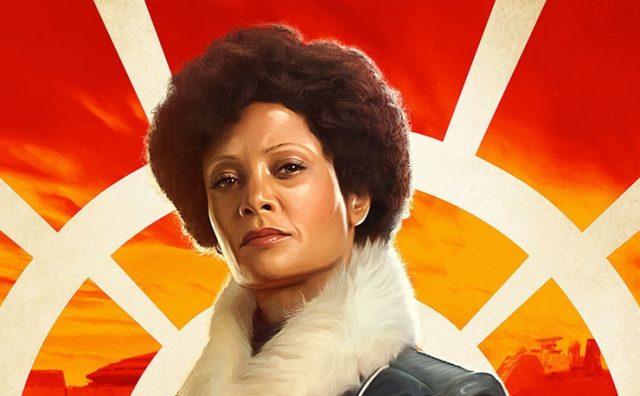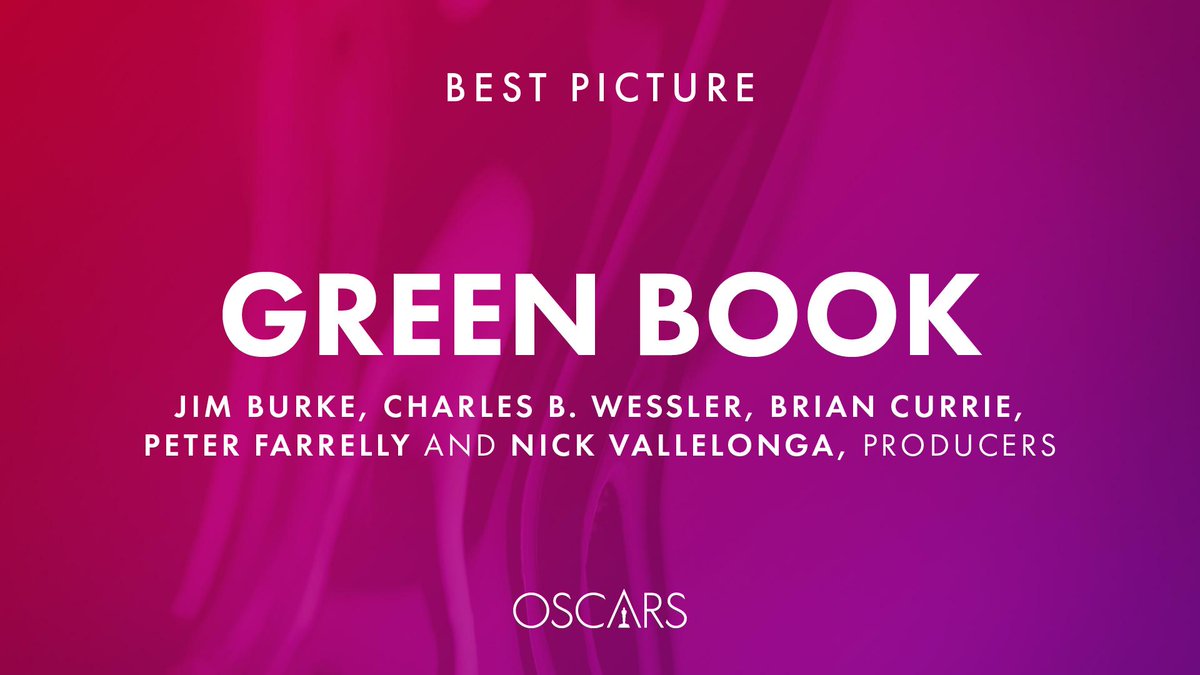Thandie Newton’s Dress Hurts White Boys’ Feelings

I recently shared an article about Thandie Newton’s dress at Cannes. It was beautiful, as well as being both celebration and call-out about diversity in the Star Wars universe. I shared it in a group I admin about Industrial Light + Magic, the visual effects company built by George Lucas for the original Star Wars films. I used to work there and still have many friends and contacts within the company.
Over the years, the group has shaped up from an abandoned FB dumping ground filled with spam to a reasonably informative place for fans of the franchise, the company, visual effects, and related geekery. A number of current and former ILM employees haunt the place and occasionally chime in about technology and historical events. The fans and aspiring VFX artists are generally respectful and keep to the topics. My co-admins and I have made respectful dialogue the rule and are quick to ban anyone who doesn’t care to keep to that.
Unsurprisingly, flare ups occur when posts that challenge the narrative of white, male supremacy are shared. For example, any mention of Marcia Lucas, particularly if she’s given the respect she’s due as an Academy Award winning editor, always gets a reaction. Fanboys are quick to jump into the thread and claim she betrayed and/or took advantage of George, holding him up as the sole auteur behind Star Wars and the only person (except for a select few special effects artists) worthy of veneration. Any hint that Marcia’s creative input was essential to the formula is attacked and dismissed, despite the fact that ILM-ers who were there at the time know differently and have said so repeatedly. In the group. To the fanboys. But what are facts when held up to slavish devotion?
I was not, therefore, completely surprised to see a wave of All Lives Matter and MAGA-think commentary following the post about Thandie Newton’s dress. As the first woman of colour to hold a leading role in a Star Wars film, you can imagine that she might have some feelings about representation within the Star Wars universe. Her dress reflected that.
I was not about to allow this group to become a platform for white supremacy and the faux victimhood of a privileged group. After a few comments calling her racist; saying she should be talking about Hispanics, Asians, and white people (hello, All Lives Matter); declaring that the filmmakers should be lauded for how diverse Star Wars is; and claiming that reverse racism is a thing – as well as a few snarky replies from people attempting to call out actual racism – I had some things to say.
I’m going to explain a few things to those who are having a hard time understanding why a woman of colour would celebrate representation. If you don’t like it and want to leave the group, don’t rage quit, just quit. We don’t care if or why you leave. Just do it quietly. Any text-based slamming of virtual doors will be deleted anyway.
First off: the representation of the world’s population has not been accurately portrayed on-screen in the Star Wars universe. Ever. This includes people of colour, women, members of the LGBTQIA community, disability status, age, or even body type. Religion isn’t really a factor. Socio-economic status has leaned towards super rich or super poor, most of the time. But whatever. Suffice it to say, historically it has been imbalanced and skewed towards cishet white men.
Tokenism is not a solution. True inclusion means centring the stories of people who have traditionally been marginalised in a way that makes it part of the tapestry of life, not an isolated event, and not one person having to carry the weight of representing everyone from their group(s). One of the reasons Black Panther was lauded is because it wasn’t One Black Guy Representing All Black Guys. There were men and women, some were strong physically, some were spiritual, some were brilliant scientists, some were leaders, some were followers, there were different motives and backgrounds to the characters, many had flaws. There wasn’t just one thing. Oh, yes – when you are a token, you don’t have the luxury of being nuanced. Often, you are chosen to represent a stereotype. Look up Chadwick Boseman’s recent commencement speech at Howard University. He talks about being cast as a one-dimensional stereotype in a soap opera and what happened when he questioned the lack of depth.
Thandie Newton, as a woman of colour, is intensely aware of the biases of Hollywood and the very specific ways in which this affects her life. She is well within her rights to call this out. As Matt McGorry said on Twitter, “…people who say ‘Save The Rainforests’ aren’t saying ‘Fuck All Other Types of Forests’.” She’s addressing the specific issues with which she is intimately familiar, can speak to from lived experience, and is in a position to call out. She is not obligated to fight all the battles. To claim otherwise (particularly if you claim that white characters need to be put up on a pedestal) is to engage in “Whataboutism”. It’s a logical fallacy and is designed to derail the conversation, not further it. Check Wikipedia if you need more information.
Additionally, know that racism is not simply talking about ethnicity. It’s about a system of oppression. People of colour cannot be racist in a society in which they are a minority. They can be biased, bigoted, even hateful. But unless they have the power of governments, healthcare and financial institutions, education, ad infinitum, at their disposal, and are disenfranchising white people on an epic scale, they cannot be racist. Don’t try to call a women of colour racist for not catering to your white and/or male feelings.
And before you demand further explanations about the dynamics of oppression, know that it is YOUR job to seek out the information. It is not the job of any member of an oppressed group to educate you and convince you of their right to feel angry, to talk about their experiences, or to simply live. There is tons of information and research out there. I highly recommend you start reading outside of your usual channels and educate yourself. Try publications like The Root, TheGrio, and Everyday Feminism to get started. Listen to podcasts about black and latinx experiences like Latino USA, Code Switch, The Nod, and The Stoop. Follow Facebook pages like Brazen Asians (now called HuffPost Asian Voices), Tim Wise, LGBTQ Nation, The Secret Life of Muslims, and Invisible Disabilities Association. Learn about the Southern Poverty Law Center… All the information is there if you want it. But if you don’t, there’s nothing anyone can do to make you think critically or live with more empathy.
So, no. The filmmakers are not to be commended for tokenism. They are to be commended for increasingly working to fix the balance.
I didn’t even have time to get into ‘When You’re Accustomed to Privilege, Equality Feels Like Oppression’, #MeToo, #TimesUp, #BlackLivesMatter, #AskHerMore, and other intersecting social movements. Still putting out fires from group members – all of them white men, go figure – who are trying to feel oppressed. Still, I feel like this was a win for those of us working for more inclusion in media. Anyone who saw the posts knows this is one more platform where white supremacy will not be entertained.



